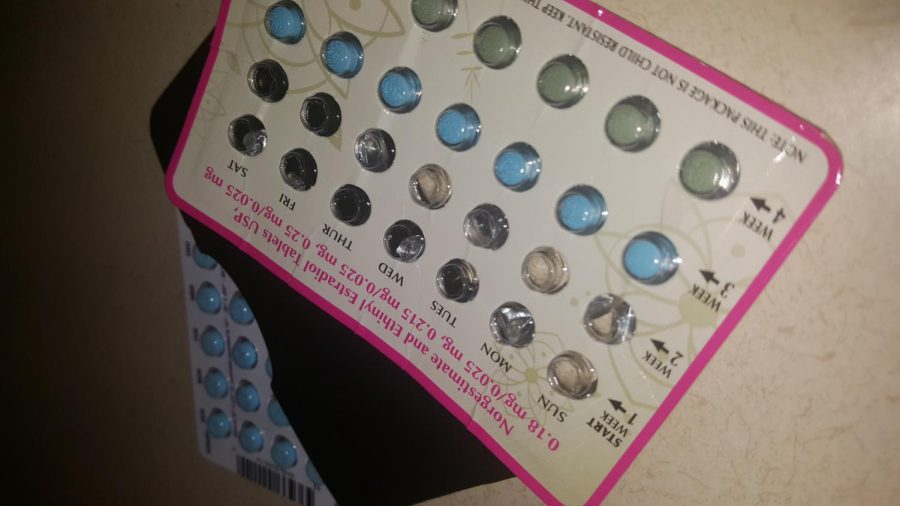A Tough Pill to Swallow
Normally, it is a choice to be prescribed birth control. It wasn’t mine.
One would think that reproductive health would not be a taboo topic, especially in this day and age. However, for years, birth control has had a certain stigma around it. Regardless of the reason or condition, one gets “the look”. No background information is necessary- it is normally used to prevent pregnancy. Even though the tiny aluminum 30-day pill packet has more uses than for sex, as soon as someone mentions the contraceptive outside of the doctor’s office, it gets quiet.
Especially at the young age of 11.
It just seemed like a stomach ache; one that was consistent enough to pop a Tylenol even before I brushed my teeth in the morning. For months, my days were filled with ultrasounds, scans and medication. Nothing was found on the screen. It wasn’t until the morning where the pain didn’t stop. It was not the consistent dull ache but a deep stabbing sensation over hours on end. My diagnosis: a dermoid cyst ovary contusion. The simple hour under the knife turned into two emergency surgeries and five hours. The one pound cyst that attached to my ovary cut off the blood flow, killing both my ovary and fallopian tube. I lost half of my reproduction that day. But I gained something else that I have to use for the rest of my life. At the age of 11, I took my first of the tiny pills in that 30-day aluminum pill packet.
Normally, birth control pills contain a small amount of manufactured estrogen and progestin hormones. In turn, these hormones work to inhibit the female body’s natural hormones to prevent pregnancy.
In recent years, it is becoming more prominent for females to use birth control for more than just contraceptives- but the stigma around it has not changed. I use the phrase ”birth control isn’t just for sex” after I pull out that pill packet at a sleepover, party or family event to calm down the internal judgment from other people. If I didn’t use birth control, another cyst could form on my other ovary, and ruin the small chance of having my own biological children. Even so, why does it matter?
This stigma doesn’t just stop at the pill. The same judgment and criticism exists for women as with other birth control methods like the IUD or patch. For many women, getting birth control means they will be judged, even slut-shamed for trying to protect themselves.When men buy condoms, they are doing the right thing and protecting themselves, but when women take control of our own health, it is a bad thing. The conversation is still stiff when young women talk about birth control.
If we talked about birth control more as a public conversation, whether it starts in health class or at home, we could change the idea that the 30-day aluminum pill packet is shameful or wrong in any way.


